Hope at the Royal Court
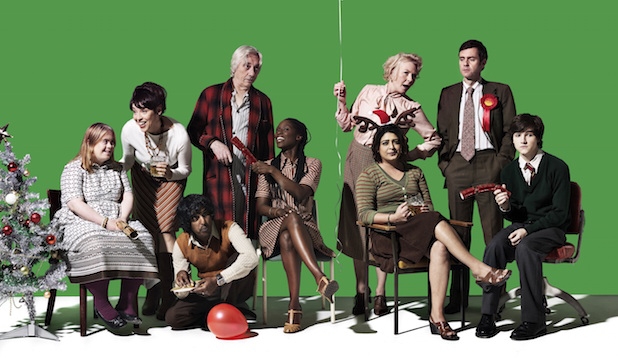
The year is 2014. An unnamed local Labour council in working-class Britain is floundering after years of central government austerity measures that, in this year alone, has meant a £22 million reduction in the council’s projected budget.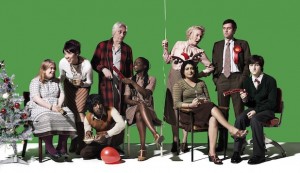
Council leader Hilary (a regal, no-nonsense woman) and her deputy Mark (likeably flawed, but doing his best) must now make some thorny decisions as they and their colleagues attempt to deliver a budget to their constituents. Cut the old people’s home, or the disability day centre? Ditch aqua-aerobics, or scale back on Sure Start? Remove public loos, or reduce street lighting? Could they perhaps forego a mosque or two?
Hope is the brainchild of writer Jack Thorne, best known for his work on Let the Right One In and This Is England ’86. Thorne says that in writing Hope, he was not directly concerned with the rationale behind Cameron’s economic measures but rather how they play out at the most basic level. He says that Hope is “an attempt to write a play around a question, rather than around an answer”; he achieves and then exceeds that goal, because Hope asks a lot of questions.
Placed in the position of Hilary and Mark, what would you do? In a zero-sum game, which services, causes and minorities matter most? Have people stopped properly engaging in politics? If so, why? Is that the cause or the result of our current political situation, both nationally and globally?
While the play generally steers clear of moralising monologues, some conversations make direct comments on our times – particularly those involving George, a 70-something former Labour Council leader. During the global financial crisis, where, he asks, were the marches? The people protesting the banks’ transgressions and the resultant government cutbacks? “There were a few, yes, but mostly people stayed home and looked after themselves. We, the Labour movement don’t really have the believers anymore. Or our believers just don’t know how to believe anymore.”
Thorne’s play is both mourning 21st century political apathy and hopeful for a better future, made possible by the dedicated few who remain at the coalface. The performances are solid, especially from Hilary (Stella Gonet) and Mark (Paul Higgins), the dialogue is funny and occasionally very insightful, and the stage production clean and simple. Created as part of the theatre’s new strand of provocative plays and debates, The Big Idea, Hope is sure to get you thinking.
Erin Bassett
Hope is on at Royal Court Theatre until 10th January 2015, for further information or to book visit here.
Watch the trailer for Hope here:

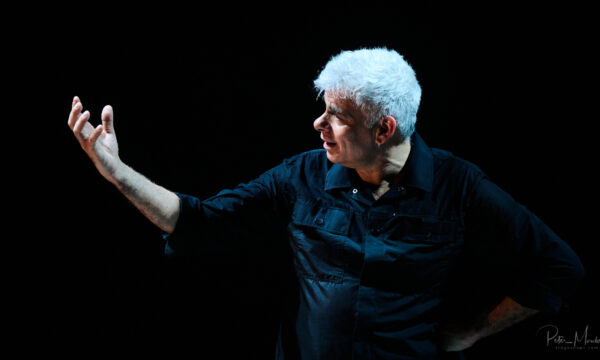
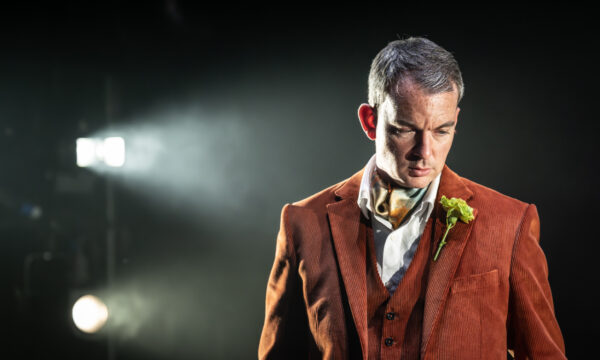
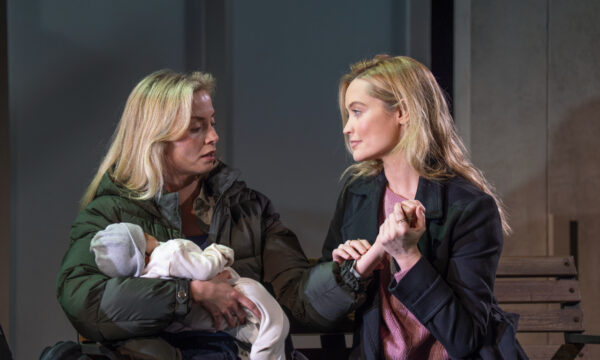
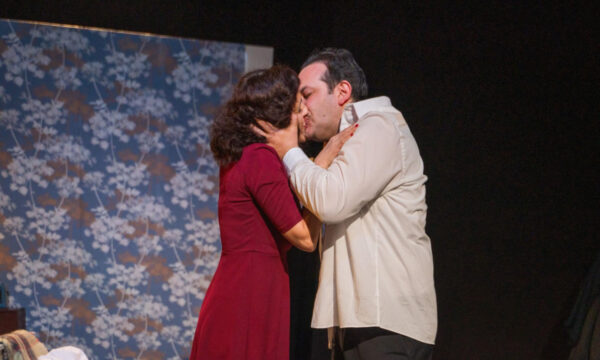
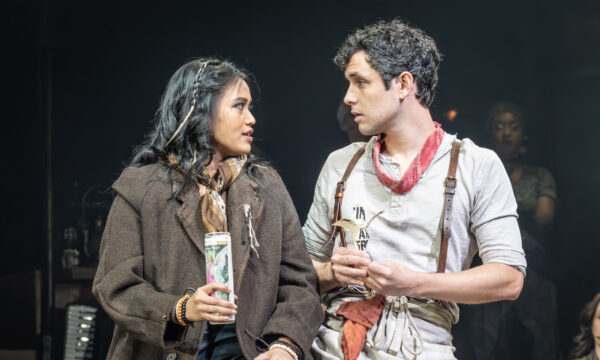

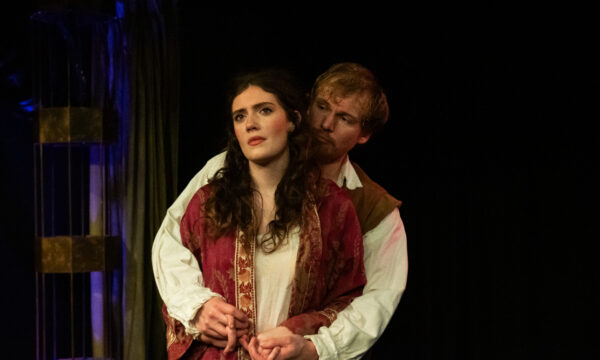
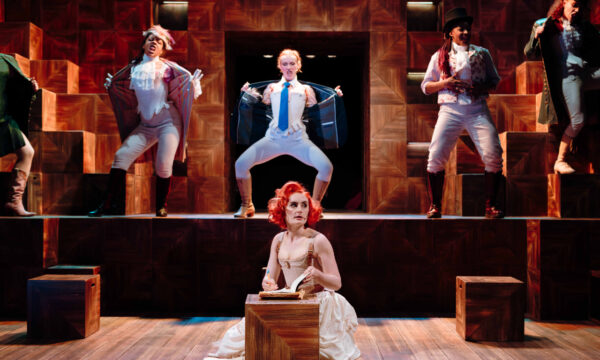
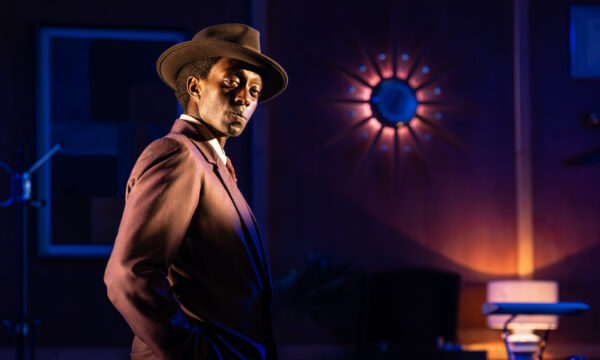










Facebook
Twitter
Instagram
YouTube
RSS